Ms. Missoni, looking back, what were you most naïve about when you took the helm at Missoni?
I think I’ve never been naïve.
Really?
Because I’ve seen it all. I’ve seen it good, I’ve seen it bad, I’ve seen the reaction of my mother who was my predecessor as creative director of the company. I was there. I was always there, right? I’ve lived in the fashion world much more than my 20 years at Missoni! Since an early age I’ve met so many designers, so many journalists, so many stylists — everybody in this business! And I’ve seen so many retire, so many disappear…
Did that come as a surprise?
I mean, Jean-Paul Gaultier, John Galliano, Helmut Lang, Jil Sander… That was talent that I would have never ever thought would disappear! I grew up with some myth that this was impossible — that they were something important. The game has totally changed! The luxury world came in, and we’re affected by globalization and huge markets and a lot of money. Today, there are big powerful houses that started paying so much to get the talents — any kind of talents, from a hairdresser, to a makeup artist, to a designer, even in advertising.
“I always had a good eye — that’s the quality I have.”
How did you deal with that at Missoni?
Well, we are a small company compared to them, so I always had to be a talent scout, I had to go and find fresh new talents because I could never afford it otherwise! When I took over, Missoni was a bit of a classic. We had a good business, but it was not that fashionable thing that it used to be in the past. And my mother was feeling tired — she was bored! She felt a bit trapped, left alone to fight that war against the commercial side.
So you hired Mario Testino and Carine Roitfeld when they were still affordable…
Exactly. I always had a good eye — that’s the quality I have. Mert and Marcus, they did their first campaign for me when I needed to communicate through images because I didn’t have the strong power of advertisements. But I started to see too much digitization around me; too much of something that I thought was getting too far from my vision of life, of who I am. So I needed to communicate the value of the company, that we were a company with a heart and our product will have heart. And that there were three generations involved! We are not a marketing product, we are real. That’s when I did the campaign with Juergen Teller with all the Missoni family.
Does the involvement of the entire Missoni family ever get in the way?
There is so much passion from all the family — even my nephews and my children; they’re all linked. They’re all very present in the life of the company even though actually, my father never wanted to grow the company. He was not a businessman. For him it was ok to work enough so that he could have a good life. He liked the fact that he could have been an artisan. He didn’t want to grow the factory because he didn’t want it to become a burden. He would say, “Does this job give us a problem? Okay, we’re going to sell it!” Or not even sell it, he would say, “I would throw a bomb.” (Laughs)
“The commercial side is still the thing that I want to change the most!”
Not a very capitalistic mindset.
But you have to understand my father, he was born in Dalmatia, Ragusa — Dubrovnik today. At 21, he left for the Second World War and he was held prisoner in Egypt for five years. So that was his university of life, he really had his own philosophy of life. He never had any material needs! He was telling my mother every time she was asking for more projects, “I don’t understand, Rosita. Why do you want to work more? Yes, you’re going to gain more money but you’ll never have the time to spend it!”
Do you feel the same way about the company now?
Oh God, the commercial side is still the thing that I want to change the most! I would love to find commercial people that have a vision, that look to the future — because people who just know what they sold yesterday, they’re not needed. I would like to see enthusiasm from everyone, on every side of the company! People who are tired, they can leave and do another job. If you want to work in fashion you need to have that enthusiasm for it and you need to keep a fresh eye.
Is it true that you initially rebelled against the idea of joining the company?
Yes! I don’t know, there was something that bothered me in that job and in that factory. I had a good relationship with my mother, but of course she was very strong, very opinionated and it was difficult working with her. I wanted to leave, and then my dad said, “If you want to do a project, you can consider this company like a big hat. And you can do it under this umbrella on your own. There’s no need for you to work with your mum every single day.”
“Those roots might give you strength, but you have to look forward, you cannot live in the past.”
I wonder if your daughter Margherita feels the same way now working with you?
Yeah, of course! In fact, I’m laughing now because I started to do the children’s line first. And Margherita — what is she doing now? The children’s line! (Laughs)
And so the tradition carries on.
Well, fashion is something you have to do when you’re young, you’re passionate and you have the strength to fight for your own ideas, against the commercial side of the business. I think I still have a lot of things to do for the company. Since my first day when I started to work at Missoni I was feeling like I was fixing things, because it was already an old company 20 years ago! (Laughs) It’s very rare to find a designer that really invents a style. And my parents did! So I think it’s a label that can stay. It has a lot of history.
You once said, “We are grateful to be attached to our roots but we never lean on them.”
I said “we,” right? That’s something I realized lately, I always said, “we.” The feeling is that I really appreciate my past, it’s very important. And I do find a lot of inspiration, even though I never did research straight from the archive, because I always had everything in mind. But when I say I never lean on them, it’s because it’s not enough. You always have to look forward. Those roots might give you the strength and the force, they’re very powerful and inspiring, but you have to look forward, you cannot live in the past.

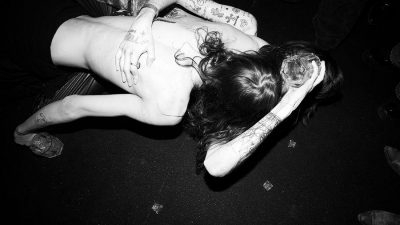
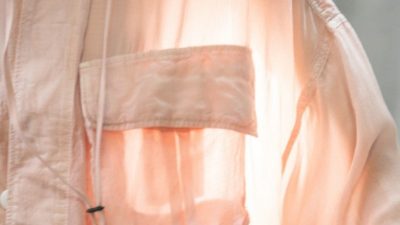
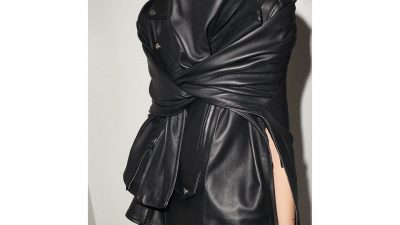
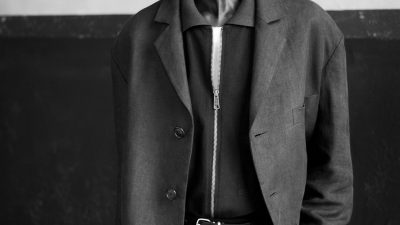

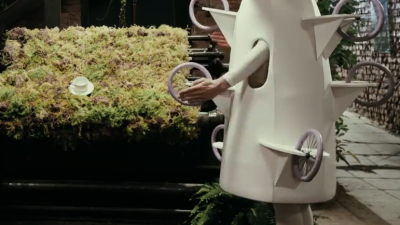

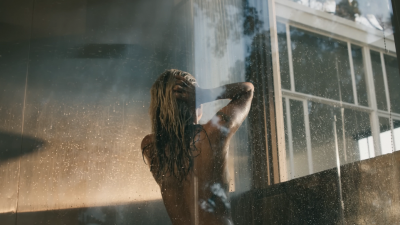
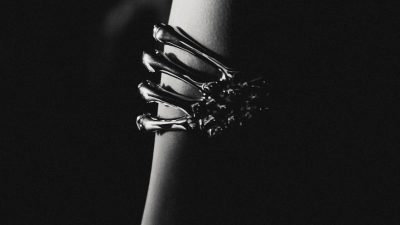
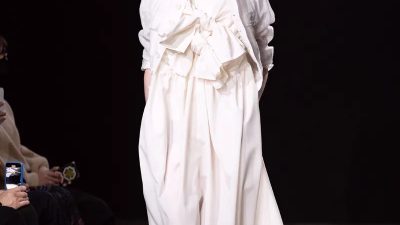

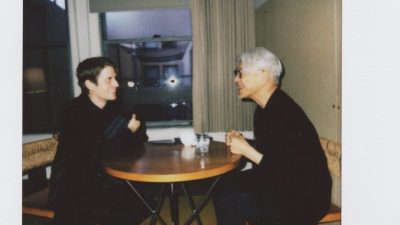


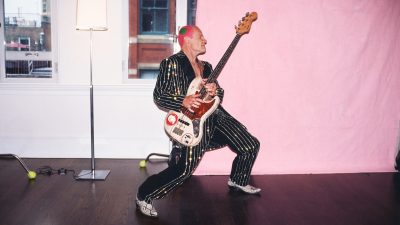
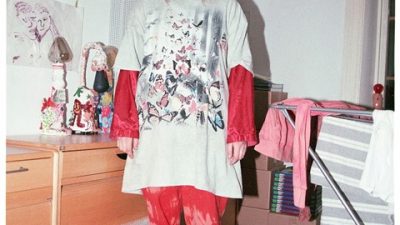
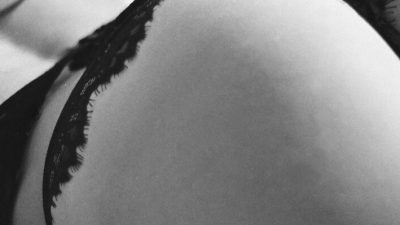


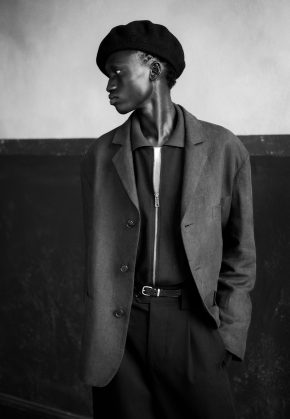
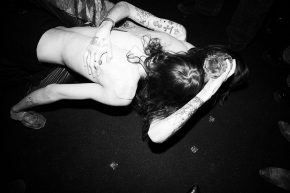
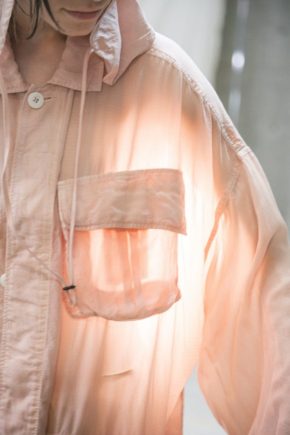
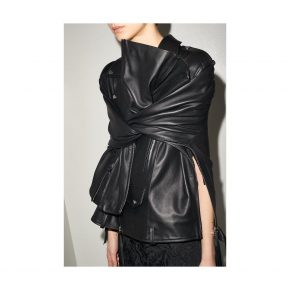
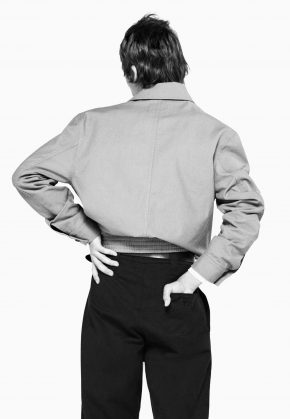
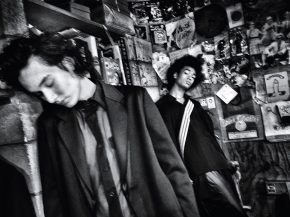
Comments